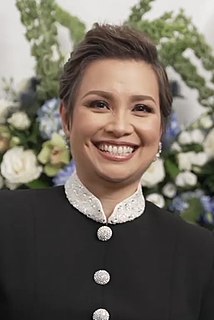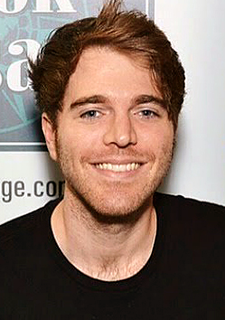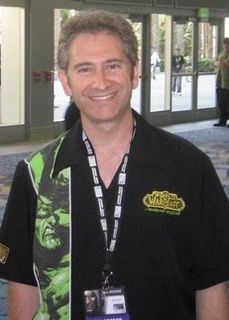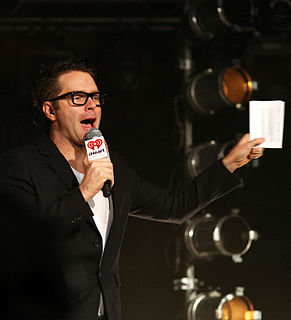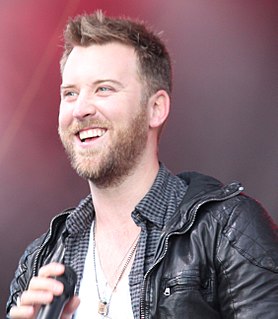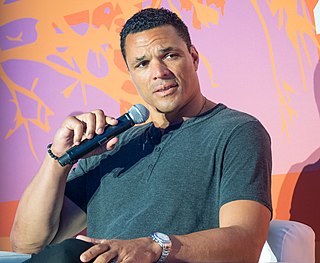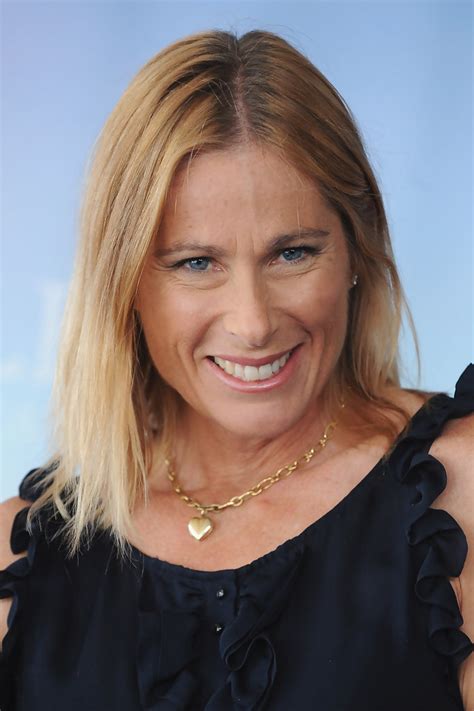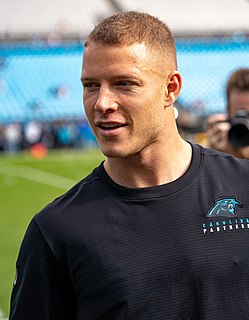A Quote by Jensen Ackles
When we started, we knew the show was going to be hit or miss, and we needed to find a core audience to really make us survive. And I think we've been able to do that.
Related Quotes
I took some voice lessons here and there as a teenager but nothing too serious. I started taking it more seriously when I was in Miss Saigon. I needed to improve my technique in order to survive doing that show as many time a week as I was doing it. It's not an easy show to sing, so I needed all the help I could get.
I think everybody's goal was to make something that was really broad for a big audience, which was my goal too. But my main goal was that I wanted my audience to love it, because they're the ones who are going to buy it, and they're the ones who are going to tell their friends. And I wanted to make sure that core audience was really happy, because if they all buy it we have a successful movie.
At the time we started working on 'World of WarCraft,' I think there was a limiting belief in the games industry and maybe outside the games industry, that MMOs would only appeal to the most hard-core of hard-core players, and therefore you didn't really need to do anything to make the game accessible to the wider audience.
We started to have more women and little girls in our audience, where it started to be 40 percent female that sat in our live audience. So I think, when that was happening and the women were stepping up and saying, 'Hey we can do what the men do,' and then you saw it on a reality show, it was just inevitable for us to have this women's evolution.

